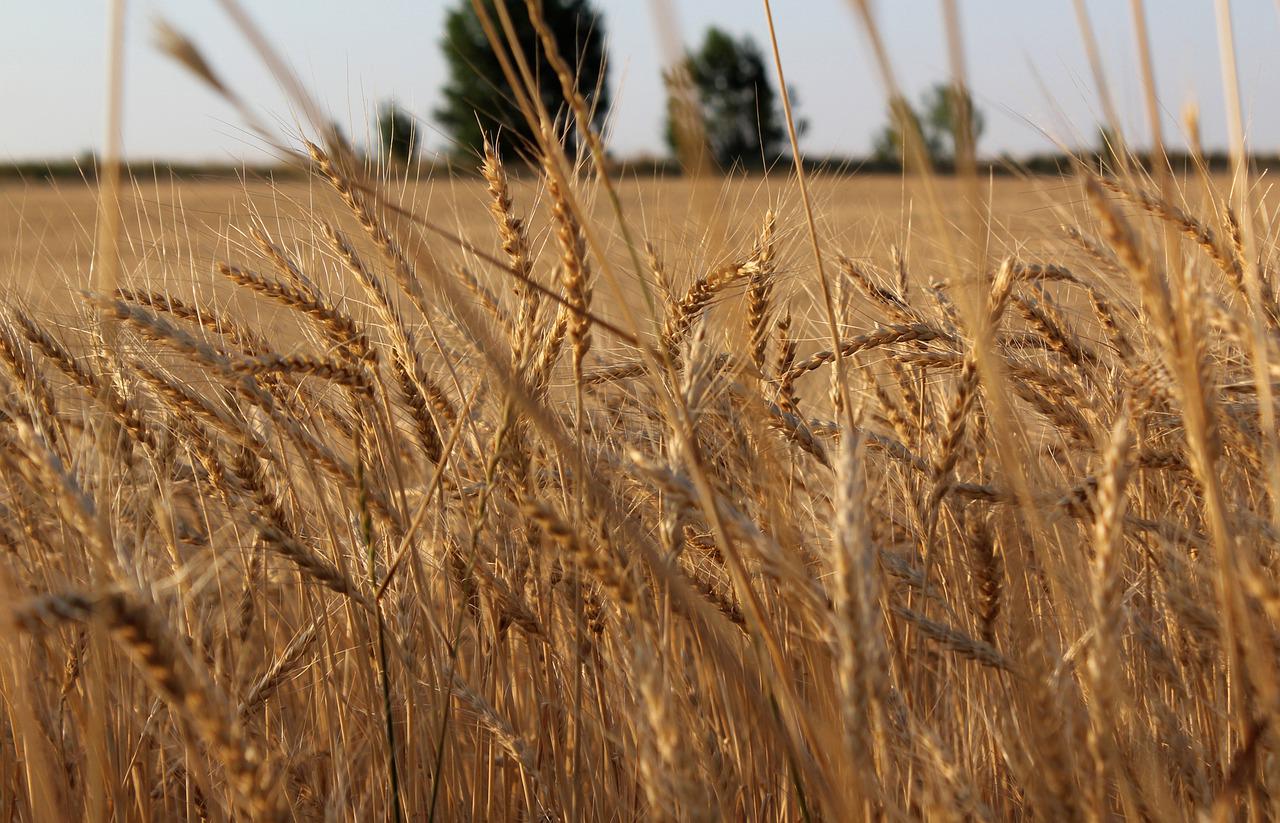[vc_row njt-role=”people-in-the-roles” njt-role-user-roles=”administrator,editor,author,armember”][vc_column][vc_column_text]
Soaring commodity prices are helping Canada weather an economic storm that is threatening G7 members.
With the war in Ukraine, Europe has been hit with rising commodity prices, whether it be energy with gas or agriculture with wheat. At the G7 summit earlier this week, the countries’ leaders said they were working to ensure that Russia does not exploit its position as an energy producer by attacking Ukraine, to the detriment of vulnerable countries.
The G7 countries want to develop a “mechanism to put a global cap on Russian oil prices,” according to a senior White House official. It will also “coordinate to use tariffs on Russian products to help Ukraine,” the same source continued.
“We will continue to impose immediate and severe economic sanctions on President Vladimir Putin’s regime for its unjustifiable war of aggression against Ukraine, while increasing our efforts to address its negative and harmful impact regionally and globally, in particular to help ensure global energy and food security and stabilize the economic recovery,” the final communiqué of the G7 leaders said.
The case of Canada
The war in Ukraine has put a strain on energy and agricultural markets in Europe, putting global supplies at risk. But that was without Canada’s help: “Canada, as an oil and gas producer, is making sure that in the short term we do what we can to ease the pressure,” said Mr. Trudeau, the Canadian Prime Minister, at the closing press conference of the G7 Summit. “We’re also looking in the medium term at expanding some of the infrastructure, but in a way that achieves that goal, in the medium to long term, of accelerating the transition not just from Russian oil and gas, but from our entire reliance on fossil fuels.”
Russia’s invasion of Ukraine in February also locked up wheat supplies in the region, sending commodity prices soaring. Central banks had to step in to raise interest rates to stem inflation. But as the world’s fourth-largest oil producer and fourth-largest wheat exporter, Canada is doing well.
The International Monetary Fund (IMF) even predicts that Canada will lead the G7 in economic growth this year, after lagging many of its peers in 2020 and 2021 after adopting tighter covid-19 restrictions.
Indeed, crude oil and wheat prices slipped at the end of June but remain high enough to support the Canadian economy, helping to offset a slowdown in the housing sector. In April, the IMF forecast that Canada’s gross domestic product would grow 3.9 percent this year, leading the G7, down slightly from before the war in Ukraine.
“We still have Canada at the top of the table in 2022, due to a larger rebound from (the easing of) prolonged restrictions and support from commodity prices,” says Doug Porter, chief economist at BMO Capital Markets.
Read also > STOCK MARKET : OIL PRICES AT THEIR HIGHEST SINCE 2008, COMMODITIES SOAR
Featured photo : © Pixabay[/vc_column_text][/vc_column][/vc_row][vc_row njt-role=”not-logged-in”][vc_column][vc_column_text]
Soaring commodity prices are helping Canada weather an economic storm that is threatening G7 members.
With the war in Ukraine, Europe has been hit with rising commodity prices, whether it be energy with gas or agriculture with wheat. At the G7 summit earlier this week, the countries’ leaders said they were working to ensure that Russia does not exploit its position as an energy producer by attacking Ukraine, to the detriment of vulnerable countries.
The G7 countries want to develop a “mechanism to put a global cap on Russian oil prices,” according to a senior White House official. It will also “coordinate to use tariffs on Russian products to help Ukraine,” the same source continued.
[…][/vc_column_text][vc_cta h2=”This article is reserved for subscribers.” h2_font_container=”tag:h2|font_size:16|text_align:left” h2_use_theme_fonts=”yes” h4=”Subscribe now !” h4_font_container=”tag:h2|font_size:32|text_align:left|line_height:bas” h4_use_theme_fonts=”yes” txt_align=”center” color=”black” add_button=”right” btn_title=”I SUBSCRIBE !” btn_color=”danger” btn_size=”lg” btn_align=”center” use_custom_fonts_h2=”true” use_custom_fonts_h4=”true” btn_button_block=”true” btn_custom_onclick=”true” btn_link=”url:https%3A%2F%2Ftest2023.luxus-plus.com%2Fen%2Fsubscriptions-and-newsletter-special-offer-valid-until-september-30-2020-2-2%2F”]Get unlimited access to all articles and live a new reading experience, preview contents, exclusive newsletters…
Already have an account ? Please log in.
[/vc_cta][vc_column_text]Featured photo : © Pixabay[/vc_column_text][/vc_column][/vc_row][vc_row njt-role=”people-in-the-roles” njt-role-user-roles=”subscriber,customer”][vc_column][vc_column_text]
Soaring commodity prices are helping Canada weather an economic storm that is threatening G7 members.
With the war in Ukraine, Europe has been hit with rising commodity prices, whether it be energy with gas or agriculture with wheat. At the G7 summit earlier this week, the countries’ leaders said they were working to ensure that Russia does not exploit its position as an energy producer by attacking Ukraine, to the detriment of vulnerable countries.
The G7 countries want to develop a “mechanism to put a global cap on Russian oil prices,” according to a senior White House official. It will also “coordinate to use tariffs on Russian products to help Ukraine,” the same source continued.
[…][/vc_column_text][vc_cta h2=”This article is reserved for subscribers.” h2_font_container=”tag:h2|font_size:16|text_align:left” h2_use_theme_fonts=”yes” h4=”Subscribe now !” h4_font_container=”tag:h2|font_size:32|text_align:left|line_height:bas” h4_use_theme_fonts=”yes” txt_align=”center” color=”black” add_button=”right” btn_title=”I SUBSCRIBE !” btn_color=”danger” btn_size=”lg” btn_align=”center” use_custom_fonts_h2=”true” use_custom_fonts_h4=”true” btn_button_block=”true” btn_custom_onclick=”true” btn_link=”url:https%3A%2F%2Ftest2023.luxus-plus.com%2Fen%2Fsubscriptions-and-newsletter-special-offer-valid-until-september-30-2020-2-2%2F”]Get unlimited access to all articles and live a new reading experience, preview contents, exclusive newsletters…
Already have an account ? Please log in.
[/vc_cta][vc_column_text]Featured photo © pixabay[/vc_column_text][/vc_column][/vc_row]








